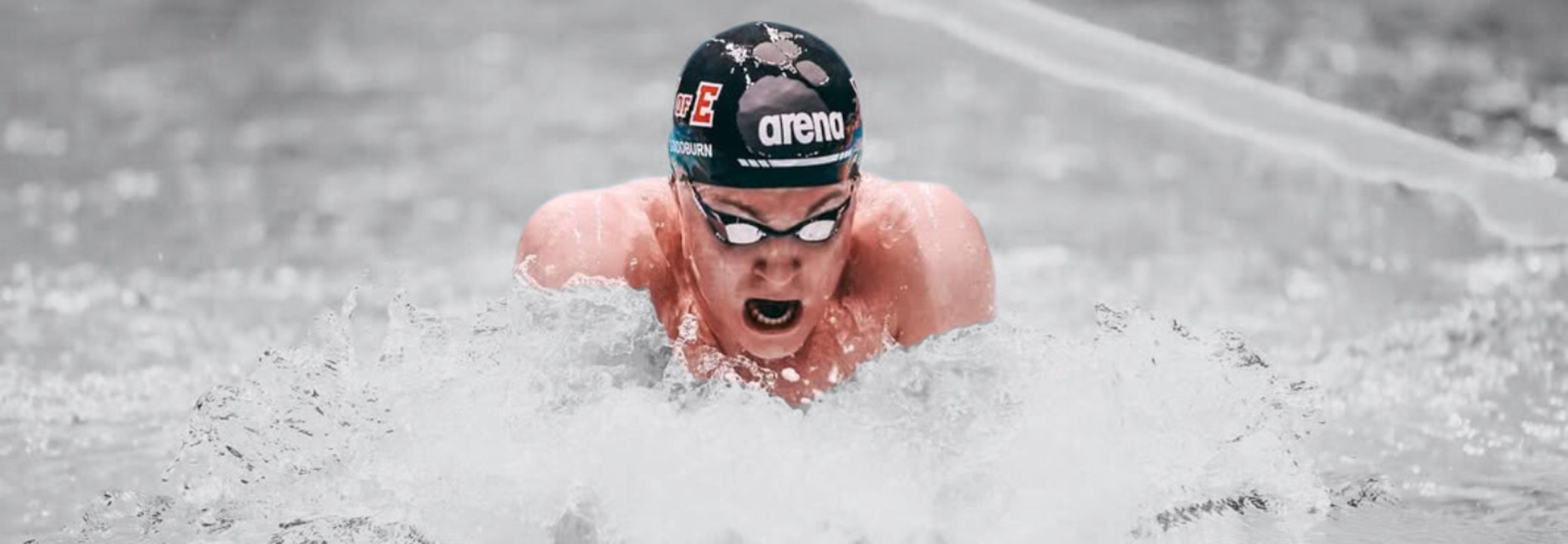Commonwealth Swimmer Archie Goodburn And His Journey With A Rare Cancer That Kills Before 40

(Credit-Archiegoodburn/Instagram)
SummaryGetting diagnosed with cancer at the mere age of 22 and knowing you may live only till your 40s may seem like an uncertain scenario. However, this is the reality for this young athlete who has dreamt of competing in the 2026 Paris Olympics.
End of Article
